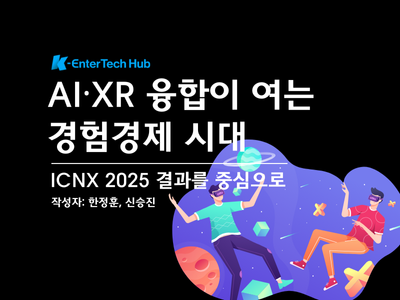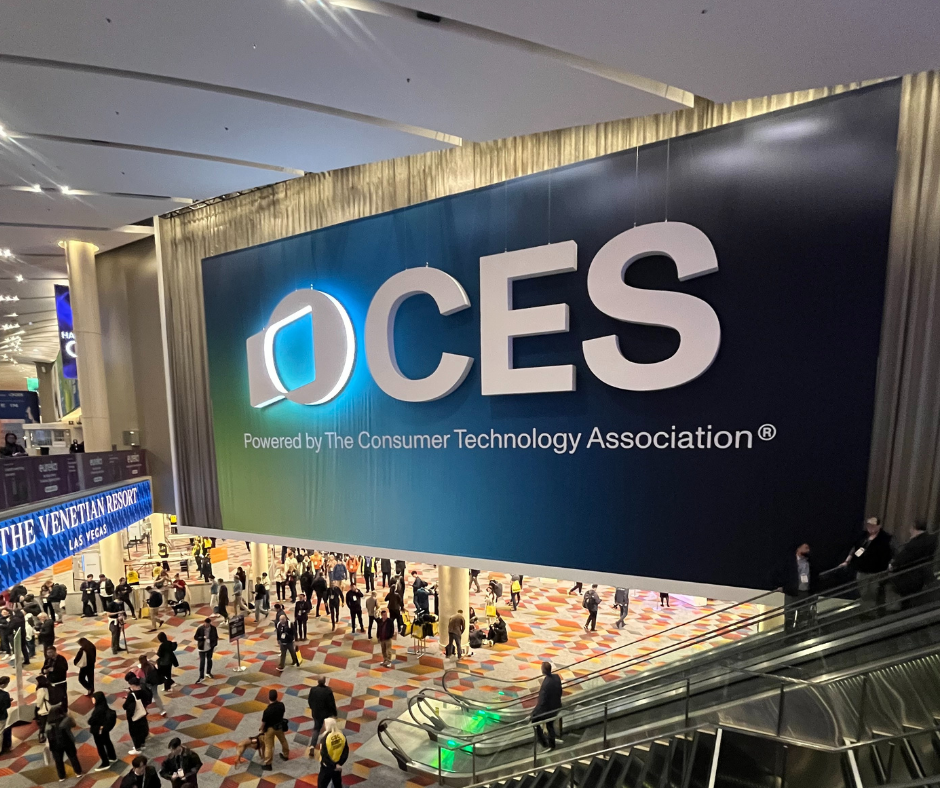엔터테인먼트 테크 물결이 미디어·엔터테인먼트 산업을 급속도로 뒤흔들고 있다. 생성 AI(Generative AI)는 놀라운 속도로 콘텐츠 생산 전반을 변화시키고 있지만, 이 과정에서 ‘저작권(지식재산권·IP) 보호’라는 핵심 가치가 크게 흔들리고 있다.
최근 트위터(X)의 전 CEO 잭 도시(Jack Dorsey)가 “모든 IP 법을 삭제하자”라고 선언하고, 일론 머스크(Elon Musk)가 이에 동조하면서, AI 시대에 지적 재산권을 어떻게 재정의할지에 대한 전 세계적 논쟁이 더욱 가열되고 있다. 과연 AI 기술 혁신과 크리에이터 권리 보호 사이에서, 우리는 어떤 균형점을 찾을 수 있을까.
1. IP(지식재산권)를 둘러싼 최근 논란
도로시(Dorsey)는 지적재산권법이 창작자와 소규모 혁신가의 저작물과 발명품을 기존 기업의 무자비한 복제로부터 보호한다는 한 사용자의 주장에 대해 글을 통해 "시대가 변했다."라며 거부했다.(times have changed)
과거 저작권·특허·상표 등으로 구성된 지식재산권(IP)은 창작의 근간이었다. 창작물은 이들 법으로 지닌 경제적 가치를 보호하고, 이를 기반으로 다양한 산업이 발전해 왔다. 그러나 AI 연구·개발(특히 생성 AI)에서 가장 큰 걸림돌 중 하나로 지목되는 것도 바로 IP 규제다. 빠른 속도로 데이터를 수집·학습해야 하는 AI 입장에서는 지적 재산권 보호가 ‘혁신의 속도’를 늦춘다는 불만이 제기되곤 한다.
오픈 소스 AI를 촉진하는 인센티브는 미디어와 엔터테인먼트 분야의 가치 창출에 반감을 불러일으키고 있다., IP 소유 및 보호가 제공하는 시장 독점력에 의존하는 다른 산업은 말할 것도 없다. 일부에서는 협업적 창의성을 위한 웹3.0 시나리오도 상상해 보았지만, 미디어는 이런 개방형 자유를 바탕으로 성장하지 않는다.
특히, 미디어에서는 모든 사람이 서로의 작품을 '무자비하게 반복'하거나 '즉각적으로 리믹스'하는 방식으로는 창의적 독창성의 심각한 진전을 이룰 수 없다.
Generative AI and the Future of Copyright: Balancing Innovation and Creator Rights
How new technologies are reshaping media and entertainment—and challenging IP protection worldwide
1. Introduction: The AI Disruption to Media & Entertainment
The rapid rise of Generative AI is drastically reshaping the global media and entertainment landscape. From automated content creation to large-scale data mining, AI systems are revolutionizing every stage of content production and distribution. However, this innovation wave has also sparked intense debates on intellectual property (IP) protection, as AI’s voracious appetite for data collides with existing copyright frameworks.
Recent high-profile statements have only intensified the debate. Jack Dorsey (the former CEO of Twitter/X) declared that we should “delete all IP laws,” and Elon Musk signaled agreement—a radical stance that has set off alarms among creators, media companies, and lawmakers. While some tech leaders advocate weakening or abolishing copyright regulations to accelerate AI innovation, many worry that such moves could dismantle the economic incentives and legal protections creators rely on.
This article delves into the key issues and controversies—focusing on the tension between AI-driven technology and the traditional copyright regime—and examines the implications for both global and Korean content industries.
2. AI의 등장과 저작권 충돌
창작물에 대한 저작권 보호가 없다면 저작물을 누구나 동의, 신용 또는 보상 없이 가져가거나 복사, 조작, 재배포할 수 있게 된다. 이는 디지털 플랫폼과 생성 AI 시대 특별한 위험으로 인식되고 있다. 가장 최근에는 스튜디오 지브리 작품이 수백만 개의 사용자 생성 스타일 카피에 사용된 것이 공개적으로 예시된 바 있다.
특히, AI 기업들은 방대한 데이터 수집이 모델의 성능을 좌우한다고 보고, 인터넷 전역에서 텍스트·이미지·음원 등 다양한 콘텐츠를 무단으로 크롤링(scraping)해왔다. 이 과정에서 저작권이 보호하는 작품들도 대거 수집됐다. 예를 들어 스튜디오 지브리(Studio Ghibli)의 애니메이션 장면이나 화풍을 학습한 AI가 “지브리풍” 이미지를 무수히 생성하는 사례가 대표적이다.
이런 현상은 단순히 “창작물을 따라 했다” 수준을 넘어, 원 저작자의 동의 없이 이루어진 대규모 데이터 활용이라는 점에서 심각한 논란으로 번지고 있다. AI가 만들어낸 콘텐츠가 원본을 대체하거나 시장을 잠식하는 상황이 오면, 기존 창작 생태계가 보장하던 저작자의 보상 구조와 권리가 근본적으로 흔들릴 수 있기 때문이다.
미국 비즈니스 리더의 AI 관련 입법 지지 분석
저작권법 개정(정부가 AI로부터 보호를 위해 저작권법을 업데이트)
- 강하게 지지: 52%
- 다소 지지: 32%
- 총 지지율: 84%
빅테크 기업의 데이터 사용 보상(빅테크가 AI 학습용 데이터 제공자에게 보상)
- 강하게 지지: 44%
- 다소 지지: 37%
- 총 지지율: 81%
AI 부서 신설(미국 정부 내 AI 전담 부서 설치)
- 강하게 지지: 41%
- 다소 지지: 35%
- 총 지지율: 76%
주별 AI 입법(각 주가 자체 AI 법안 제정)
- 강하게 지지: 33%
- 다소 지지: 43%
- 총 지지율: 76%
국제기구 감독(국제기구가 AI 규제 감독)
- 강하게 지지: 35%
- 다소 지지: 31%
- 총 지지율: 66%
결론:
미국 비즈니스 리더들은 AI의 책임 있는 활용과 규제를 위한 다양한 입법적 접근에 전반적으로 강한 지지를 보내고 있으며, 특히 개인 권리 보호와 데이터 보상에 대한 관심이 두드러진다.
2. The Ongoing IP Controversy
2.1. Calls to Abolish IP in the AI Age
Jack Dorsey’s comment that “times have changed” in response to a user who defended copyright illustrates a growing tech-industry sentiment. AI companies often view IP rules as hurdles that slow down access to the massive volumes of data needed to train large language models or image-generation systems.
While traditional copyright, patent, and trademark laws have historically incentivized creativity and protected investments, AI developers argue that free and open data access is crucial for faster innovation. As a result, some prominent voices in Silicon Valley (along with open-source AI advocates) are questioning whether existing IP regimes still make sense—or if they should be radically overhauled.
2.2. Creative Industry Pushback
In contrast, creators in media and entertainment depend on strong IP protection for their livelihoods. Films, music, TV shows, and other creative works generate economic value precisely because their IP can be licensed, sold, and enforced. If AI models can freely scrape and replicate content styles and characters, creators risk losing not only their immediate revenue but also the long-term value of their original works.
Notably, in the entertainment world, unfettered “remix” culture or mass duplication of existing works does not necessarily lead to meaningful creative progress. Rather, it can undermine originality and devalue creators’ efforts.
3. 창작 생태계에 대한 영향
창작자들은 저작권을 통해 작품을 보호함으로써, 이를 재배포하거나 활용하려는 이들로부터 합당한 대가를 받아 왔다. 하지만 AI 모델이 학습데이터로 활용해 2차·3차 콘텐츠를 대량으로 생산하고 유통하기 시작하면, 원작자가 받는 경제적·법적 이득이 줄어들 가능성이 크다.
이는 창작 의욕을 저해하고, 결과적으로는 오리지널 콘텐츠 자체의 생산 기반을 위협한다. 저작물을 매개로 한 비즈니스 모델이 크게 훼손되는 상황에서는, 대규모 투자가 필요한 영상·음악·출판 산업도 흔들릴 수밖에 없다는 우려가 있다.
엔터테인먼트나 미디어 산업은 개별 작품에 대한 독점권을 확보해주고 창작자가 정당한 보상을 받을 수 있도록 지원하는 저작권 보호를 핵심으로 한다. 특히 디지털 기술이 발달하고 생성 AI가 퍼진 시대에는, 원작자의 허락 없이 작품을 무단 복제하거나 재가공해 배포하는 일이 훨씬 쉬워졌다.
만약 저작권 보호가 약해지면 창작물의 가치가 크게 훼손될 수밖에 없다. 무분별하게 창작물을 재사용하게 되면, 원작자와 투자를 진행한 이들이 적절한 대가를 받기 어려워지고 창작 의욕 역시 꺾인다.
3. The Collision of AI and Copyright
3.1. Mass Data Scraping
AI companies rely on large-scale data collection—text, images, music, videos—to train their models. Many of these datasets come from the open web, without obtaining explicit consent or paying license fees. For instance, Studio Ghibli has reportedly found its animation style widely replicated by AI tools that have trained on images taken from Ghibli films—without permission or compensation.
Such examples have raised questions about unauthorized use of copyrighted content for AI training. If these AI-generated works then displace or overshadow the original creators in the marketplace, the economic and moral rights of creators stand to suffer.
3.2. Creator Incentives Under Threat
The entire incentive structure behind creative endeavors could be weakened if AI technologies can replicate or remix works with little to no benefit for the original rights holders. This is especially concerning in capital-intensive sectors—such as film, music production, and publishing—where significant investment is predicated on the ability to recoup through exclusive rights. If these exclusivities erode, the sustainability of many creative projects could be called into question.

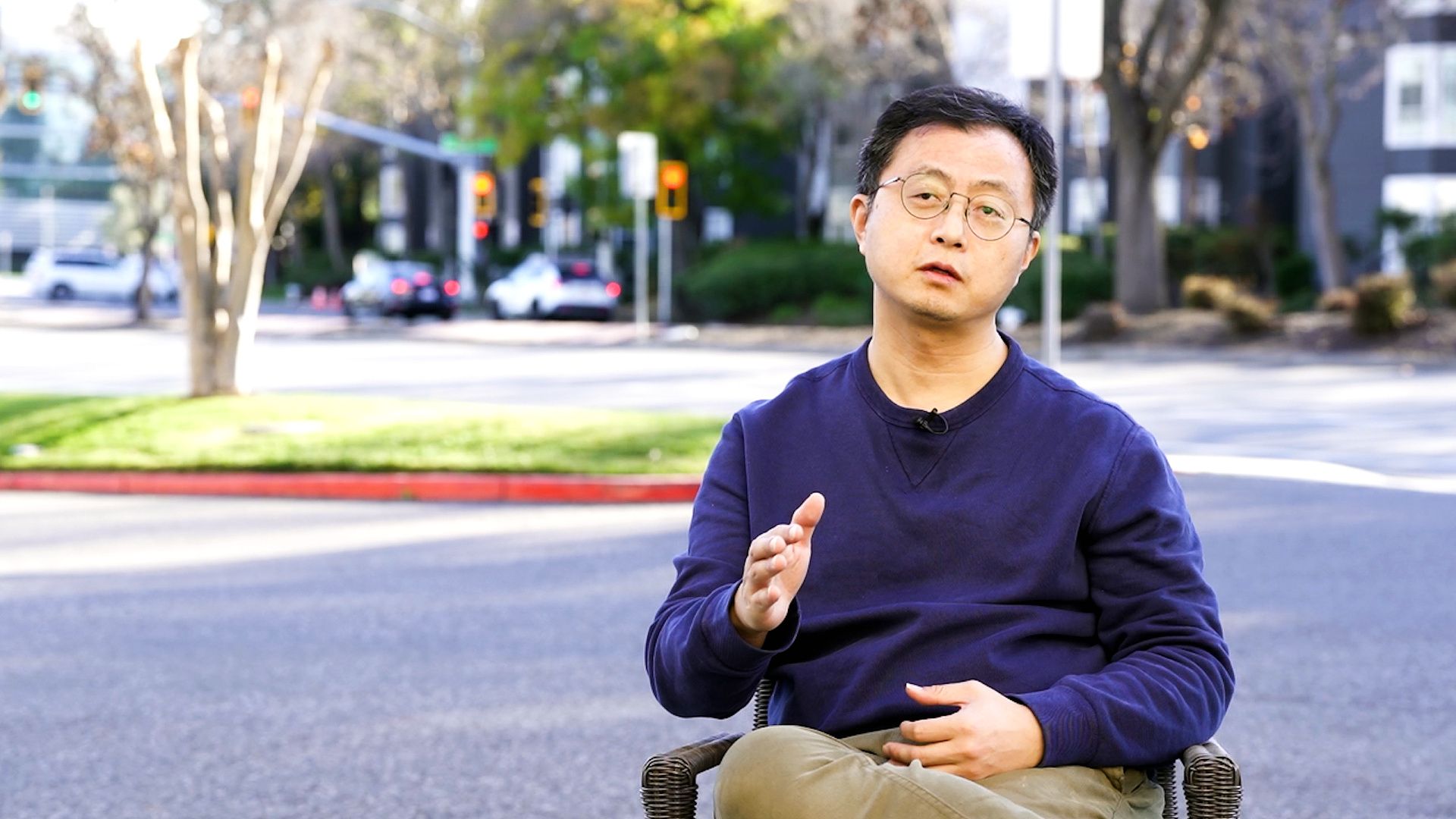
![[CES2026]생성 AI, '있으면 좋은 것'에서 '필수 인프라'로”](https://cdn.media.bluedot.so/bluedot.kentertechhub/2025/12/7dbmg3_202512271017.jpeg)
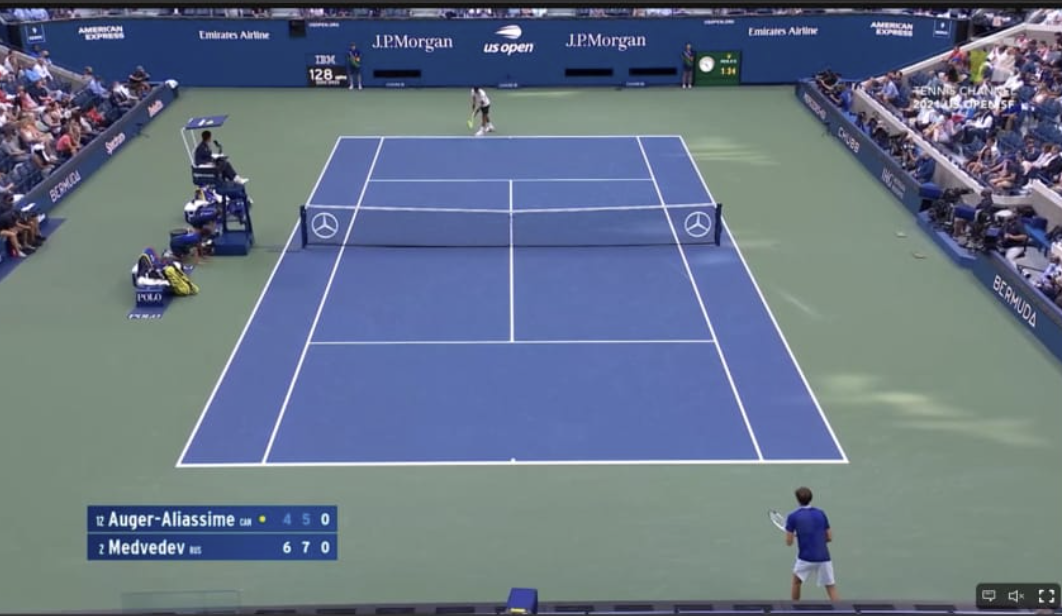


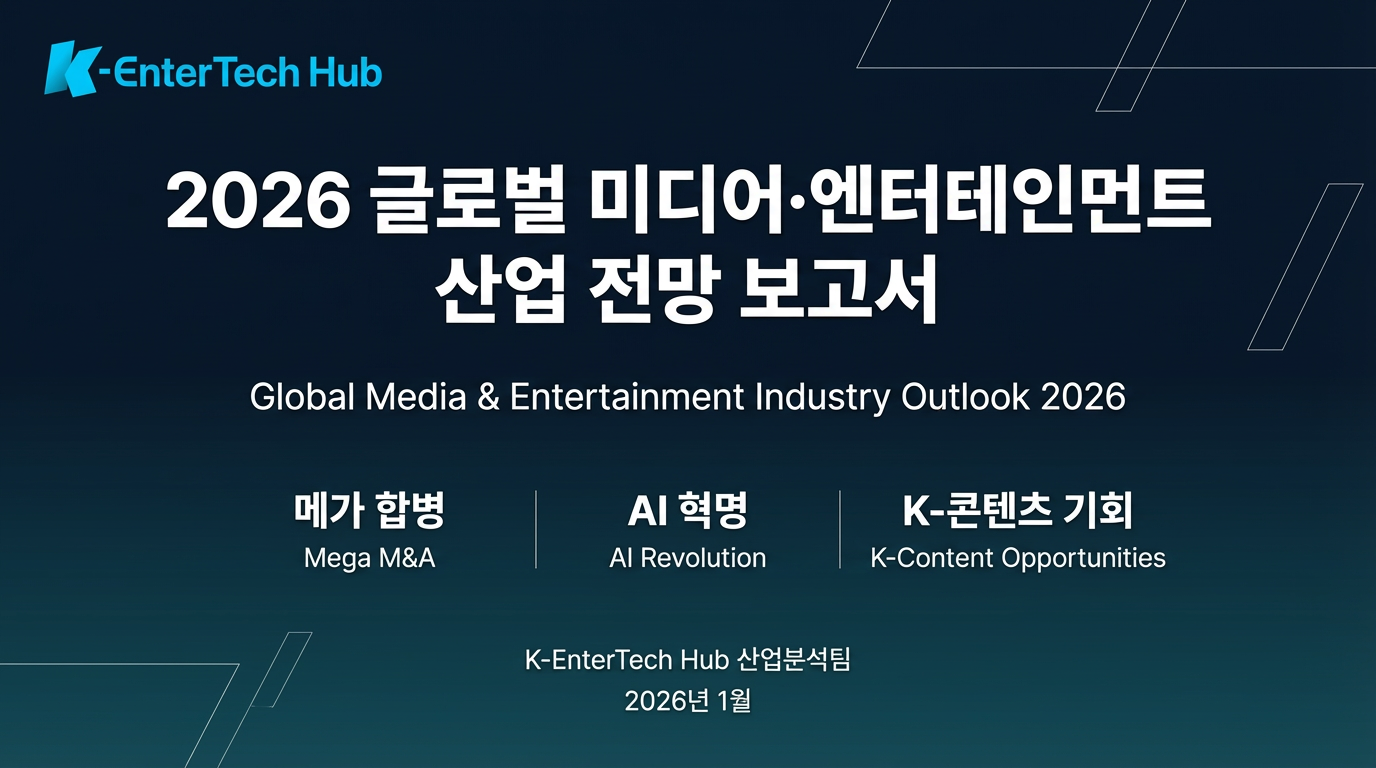
![[2026엔터테크] 윤리적 AI 스튜디오 종합 보고서](https://cdn.media.bluedot.so/bluedot.kentertechhub/2026/01/ylqs2w_202601040723.png)
![[심층분석] 디즈니-OpenAI 10억 달러 딜이
K-콘텐츠 산업에 던지는 시사점](https://cdn.media.bluedot.so/bluedot.kentertechhub/2025/12/qz7dim_202512301210.jpeg)

![[CES2026]엔터테크 전문 투어&트렌드 현장 리포트(무료)](https://cdn.media.bluedot.so/bluedot.kentertechhub/2025/12/5x46lj_202512261120.png)
![[보고서]디즈니의 IP 플라이휠, 1957년 메모에서 시작된 100년 전략](https://cdn.media.bluedot.so/bluedot.kentertechhub/2025/12/vtekpo_202512140501.png)
![[리포트]글로벌 스트리밍 대전환과 FAST 시장의 부상](https://cdn.media.bluedot.so/bluedot.kentertechhub/2025/12/7jw8up_202512120304.png)
![[보고서]K-콘텐츠, 몰입형 공간 새로운 경험](https://cdn.media.bluedot.so/bluedot.kentertechhub/2025/12/je15hi_202512061434.png)
